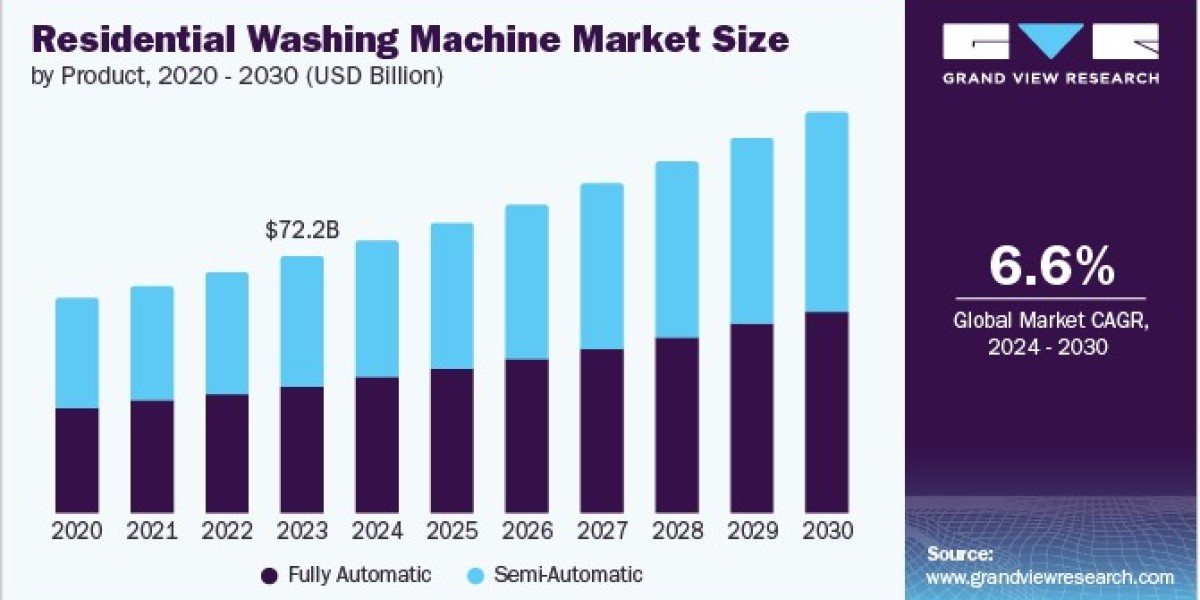Wealth management technology has emerged as a critical component for financial advisors, wealth managers, and their clients. With the growing complexity of financial markets and the increasing demand for personalized financial services, technology is reshaping how wealth is managed and invested. This article provides an overview of wealth management technology, its importance, key features, and how it benefits both financial professionals and their clients.
What is Wealth Management Technology?
Wealth management technology refers to the suite of tools and platforms designed to assist financial advisors and wealth managers in managing their clients' assets effectively. This technology encompasses various software applications, algorithms, and platforms that facilitate investment management, financial planning, risk assessment, and client relationship management. By leveraging advanced analytics, artificial intelligence (AI), and automation, wealth management technology streamlines processes and enhances decision-making.
The Importance of Wealth Management Technology
Enhanced Efficiency: Wealth management technology automates repetitive tasks, such as data entry and reporting, allowing financial advisors to focus on high-value activities like client interaction and strategic planning. This efficiency not only saves time but also reduces the likelihood of human error.
Data-Driven Insights: With access to vast amounts of data, wealth management technology enables advisors to analyze market trends, client behavior, and investment performance more effectively. These insights allow for better-informed investment decisions and personalized recommendations tailored to each client's financial goals.
Improved Client Experience: Today’s clients expect transparency and easy access to their financial information. Wealth management technology provides user-friendly platforms that allow clients to monitor their portfolios, track performance, and communicate with their advisors seamlessly. This enhanced experience fosters trust and strengthens the advisor-client relationship.
Scalability: As financial advisors grow their practices, wealth management technology allows them to manage a larger client base without sacrificing service quality. By automating routine tasks and utilizing sophisticated analytics, advisors can scale their operations efficiently.
Compliance and Risk Management: Regulatory compliance is a significant concern in the financial industry. Wealth management technology provides tools for monitoring compliance with regulations and managing risks associated with investments. This reduces the risk of costly penalties and reputational damage.
Key Features of Wealth Management Technology
When considering wealth management technology solutions, it’s essential to understand the key features that can significantly enhance the wealth management process. Here are some of the most important features to look for:
Portfolio Management Tools: These tools allow wealth managers to create, manage, and monitor client portfolios efficiently. They provide real-time data on investment performance, asset allocation, and risk exposure.
Client Relationship Management (CRM): A robust CRM system helps advisors manage client interactions, track communications, and maintain detailed client profiles. This feature is vital for providing personalized service and building long-term relationships.
Financial Planning Software: This software enables advisors to develop comprehensive financial plans tailored to their clients' needs. It often includes scenario analysis, retirement planning, and tax optimization features.
Reporting and Analytics: Advanced reporting tools offer insights into portfolio performance, market trends, and client behavior. This feature helps advisors make data-driven decisions and provide clients with clear, actionable insights.
Robo-Advisory Services: Robo-advisors leverage algorithms to provide automated investment management services. These platforms offer low-cost, efficient solutions for clients with varying levels of wealth, making financial advice accessible to a broader audience.
Risk Assessment Tools: Wealth management technology includes tools that assess clients' risk tolerance and investment preferences. This feature helps advisors create suitable investment strategies that align with their clients' risk profiles.
Integration Capabilities: Seamless integration with other financial tools, such as accounting software and banking systems, is crucial for wealth management technology. This feature ensures that all client data is centralized and easily accessible.
Benefits of Wealth Management Technology for Financial Advisors
Time Savings: By automating routine tasks, advisors can dedicate more time to client engagement and strategic planning, ultimately enhancing their productivity.
Increased Revenue: With improved efficiency and the ability to manage more clients, financial advisors can potentially increase their revenue streams.
Better Client Retention: Providing clients with an exceptional experience through technology fosters loyalty and encourages long-term relationships.
Competitive Advantage: Adopting advanced wealth management technology can differentiate advisors in a crowded market, attracting more clients looking for innovative solutions.
Benefits of Wealth Management Technology for Clients
Transparency: Clients appreciate the transparency provided by wealth management technology, allowing them to track their investments and understand their financial status.
Personalized Service: Technology enables advisors to offer personalized recommendations based on clients' individual needs, preferences, and goals.
Accessibility: Clients can access their financial information anytime, anywhere, through mobile applications and online portals, making it easier to stay informed and engaged.
Cost-Effectiveness: Wealth management technology often reduces fees associated with traditional investment management, providing clients with more affordable options.
Future Trends in Wealth Management Technology
The future of wealth management technology is promising, with several emerging trends expected to shape the industry:
Artificial Intelligence and Machine Learning: AI will continue to play a significant role in wealth management, enabling more sophisticated data analysis and personalized investment strategies.
Blockchain Technology: Blockchain can enhance transparency and security in transactions, making it a valuable tool for wealth management.
Enhanced Cybersecurity Measures: As reliance on technology increases, so does the need for robust cybersecurity measures to protect sensitive client data.
Integration of ESG Factors: Environmental, social, and governance (ESG) considerations are becoming increasingly important to investors. Wealth management technology will likely incorporate these factors into investment strategies and reporting.
Conclusion
Wealth management technology is revolutionizing how financial advisors and wealth managers operate, offering enhanced efficiency, data-driven insights, and improved client experiences. By understanding the key features and benefits of this technology, financial professionals can leverage it to provide superior services to their clients. As the industry continues to evolve, staying updated on emerging trends will be essential for maintaining a competitive edge in the ever-changing landscape of wealth management.
Embracing wealth management technology not only enhances operational effectiveness but also leads to stronger advisor-client relationships and better financial outcomes for clients. As technology continues to advance, the future of wealth management looks bright, promising a more efficient, personalized, and transparent approach to managing wealth.








